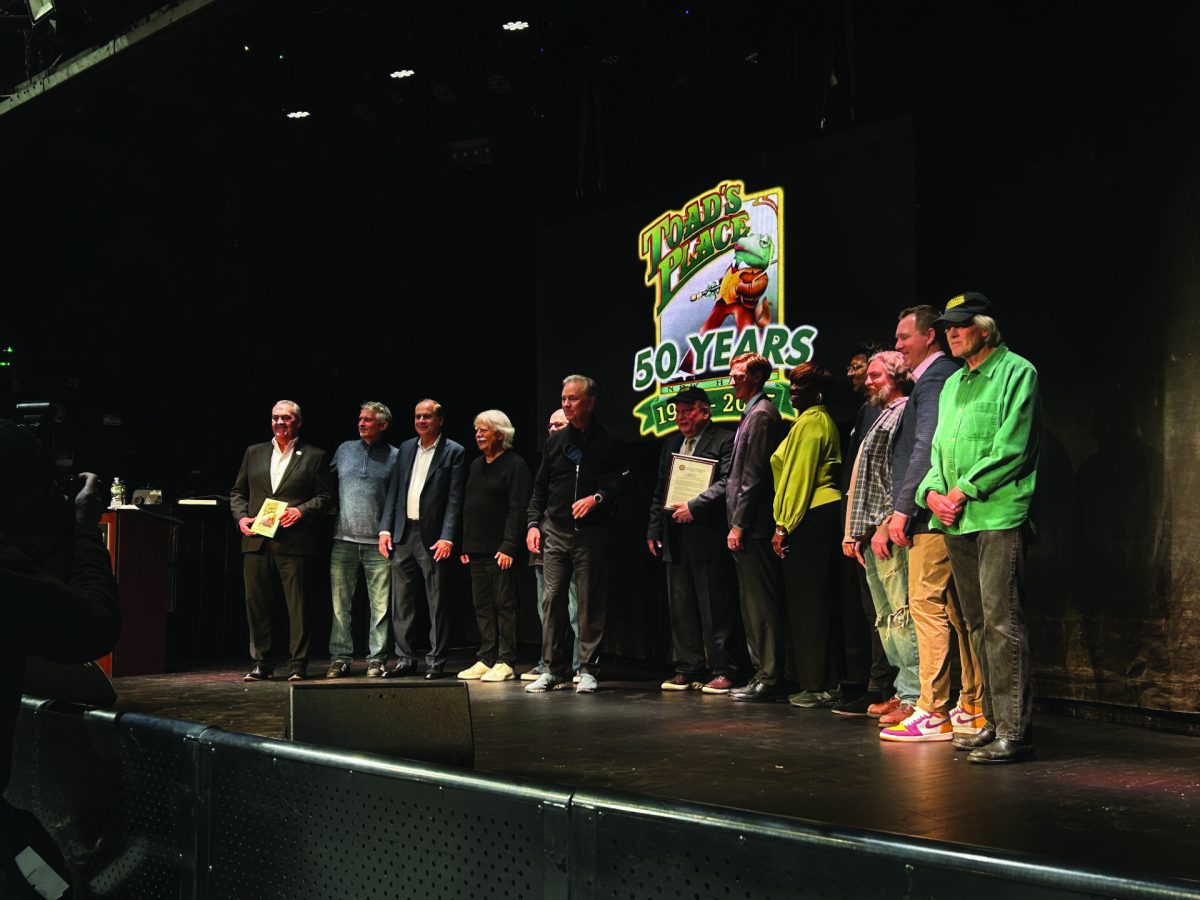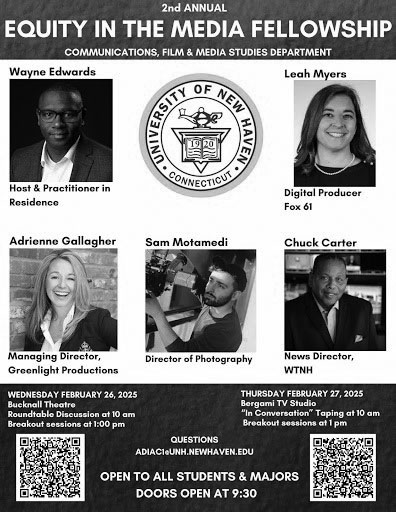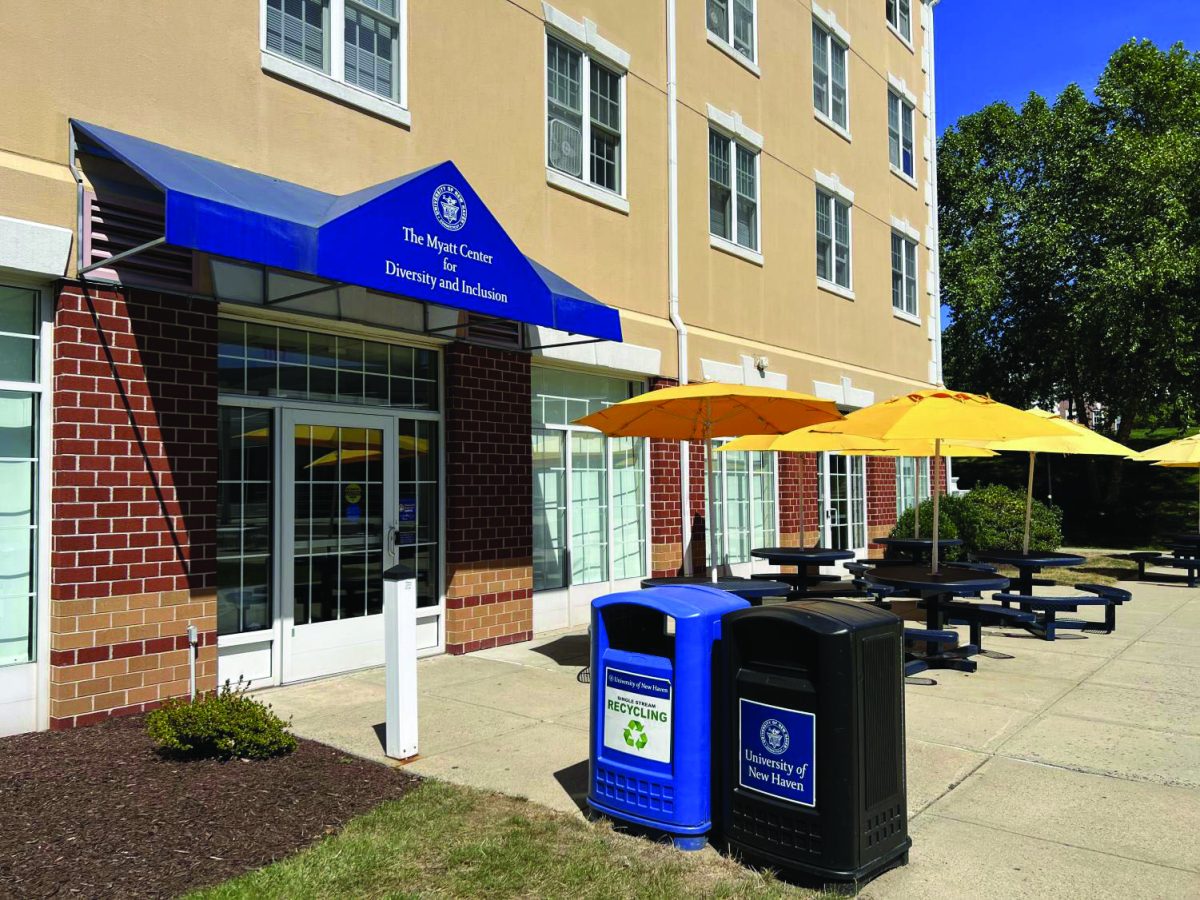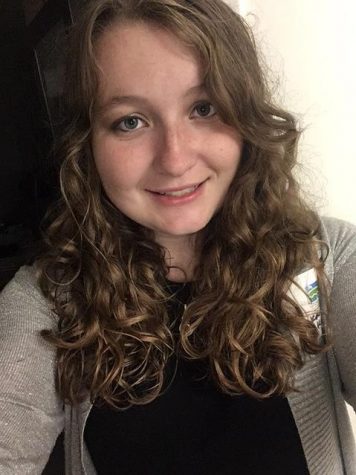Last week was Ally Week for U.N.H. PRIDE. They tabled in Bartels every day, each day
with a different theme and activity geared towards helping students become better
allies. Discrimination and bullying is too large a problem for many members of the
LGBT+ community, and for many it causes them to end their own life. It is important to
educate the student body to make U.N.H. an even more accepting and supporting
environment for those who may not get support elsewhere.
“Going into ally week it is important to teach everyone how to be a good ally, how to be
accepting, and know that the things you say to members of the LGBT+ community can
affect them differently because of their situations,” says student Mark Garner.
Monday jump started the week with tables handing out stickers, chocolate, and flyers on
how to be a good ally. Students were welcome to come to the table with any questions or
just to get further information.
Tuesday, in accordance with National Coming Out Day, PRIDE had a white door that
students could sign in support. Walking through the door was meant to represent
coming out, and each student received a slip with a potential scenario on it. These
scenarios represented the possible reactions members of the LGBT+ community are
faced with when coming out to friends and family. They ranged from “Your friends were
very surprised, but, they are willing to accept you” to “You’re told that you are
disgusting, worthless, and a bad role model for your younger sibling.” These scenarios
highlighted the drastic effects coming out can have on members of the LGBT+
community.
“This activity is important because coming out is not an easy process, it can require
preparation and social media does not always portray it like that. Things can happen
behind closed doors that people do not always see,” says PRIDE president Steven Soler.
Justin Pantano agrees saying, “The road is not always so easy and even those who are
happy now may not have always been happy.”
Wednesday students were asked to write on a sticker what they were proud to be. Many
students wrote that they were proud to be themselves, creative, confident, etc. It was a
great opportunity to remind everyone that you should be proud of however you see
yourself.
Audreyana Brown-Nash says, “This is important because a lot of people growing up
aren’t proud to be who they are. You should be proud to be whoever you are.”
Scenarios were the activity again on Thursday, this time providing different situations
and how to be a good ally when presented with them. These scenarios ranged from what
to do if someone comes out to you, to what to do if someone reaches out to you about
self-harming. The scenarios really brought these serious events to the forefront of many
student’s minds and made it clear that certain mentalities need to change.
“Some people are quick to make assumptions, quick to judge without really thinking
about it. We are trying to teach them how to really respond to these situations,” says
Terrall Cantave.
Friday ended the week with a different activity. Students who walked up to the table
could pick up a slip of paper with a pronoun on it and learn more about that pronoun.
This activity was geared towards educating the student body on the vastly different
pronouns someone can chose to use when describing themselves.
“It’s important to learn about people that are different from you and to recognize that
not everyone is the same,” says Alexa Dayton.
The week overall was a huge success in educating the student body and creating allies to
the LGBT+ community. After the week there are many more people on campus more
educated and better equipped to handle various situations in a way that respects all
parties to prevent the bullying and victimization of more members of the LGBT+
community.






